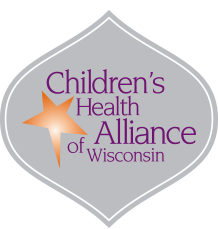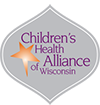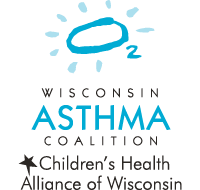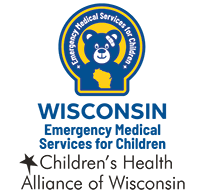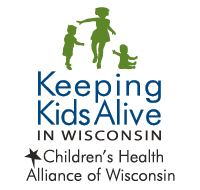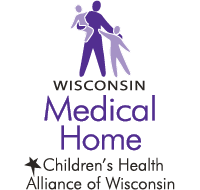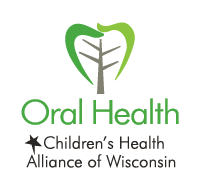Learning Communities
Learning Communities
A collaborative approach that encourages participants to share their work, discuss ways to improve, and learn from one another. The Medical Home Initiative provides support and technical assistance to two quality improvement projects, or learning communities. Within the communities there are structured goals that guide the work. Individual teams have the ability to take unique approaches within the community to best meet their needs and achieve desired outcomes.
2023 Advancing Family-Centered Care Coordination for CYSHCN
The Medical Home Initiative is supporting implementation of quality improvement processes designed to support work with Wisconsin health care teams and Tribal Health Centers to advance medical home care provision for children and youth with special health care needs. There are multiple tools available to help with care coordination such as care maps and care notebooks (see our Family Engagement page). Another way of doing so is by the use of a Shared Plan of Care.
A Shared Plan of Care is a living document created by parents and health care providers. It includes information that ensures issues affecting a child’s health are identified and accessible across systems, and that activities and accountability for addressing those activities are documented. Key components of a Shared Plan of Care include:
- Medical summary
- Family strengths and preferences
- Negotiated plan of action (including clinical and family goals, actions to address goals, responsible partners, and timelines)
- Other necessary attachments (such as emergency plans, chronic condition protocols, and relevant legal documents such as IEPs or 504 plans)
Shared Plan of Care Samples:
2023 Learning Community Calls
- January/February: Individual Team calls
- April 26 Learning Call: Agenda
- June/July/August: Individual Team calls
- October 18 Learning Call: Agenda coming soon

2023 Project Team Map
Wisconsin Clinics and Tribal Health Centers participating in the project.

Shared Plan of Care Project Summary 2016-2017
A brief summary of the work in Wisconsin from 2016 and 2017.
For more information about Advancing Family-Centered Care Coordination, please contact Colleen Lane.
2023 Developmental Screening Project
Developmental Screening National Performance Measure
The Medical Home Initiative is supporting local public health departments and tribal agencies focusing on the developmental screening national performance measure. Agencies have the option of selecting one or more of the following focus areas: medical providers, child care providers or community groups.
2023 Learning Community Calls
All calls are from 9 a.m. – 10 a.m.
- May 17: Agenda coming soon
- August 23: Agenda coming soon
- November 15: Agenda coming soon
For more information about the Developmental Screening Project, please contact Morgan Conti.
Contact Our Staff
Morgan Conti
Program Manager
Medical Home
(414) 337-4566
mconti@childrenswi.org
Colleen Lane
Program Manager
Medical Home
(608) 442-4177
clane@childrenswi.org
Sign Up for Our Newsletter
Medical Home Minute
Monthly news, events and resources from the Wisconsin Medical Home Initiative.
The Wisconsin Medical Home Initiative is funded by the Wisconsin Department of Health Services’ Title V Children and Youth with Special Health Care Needs Program and the Maternal Child Health Program located in the Division of Public Health.
